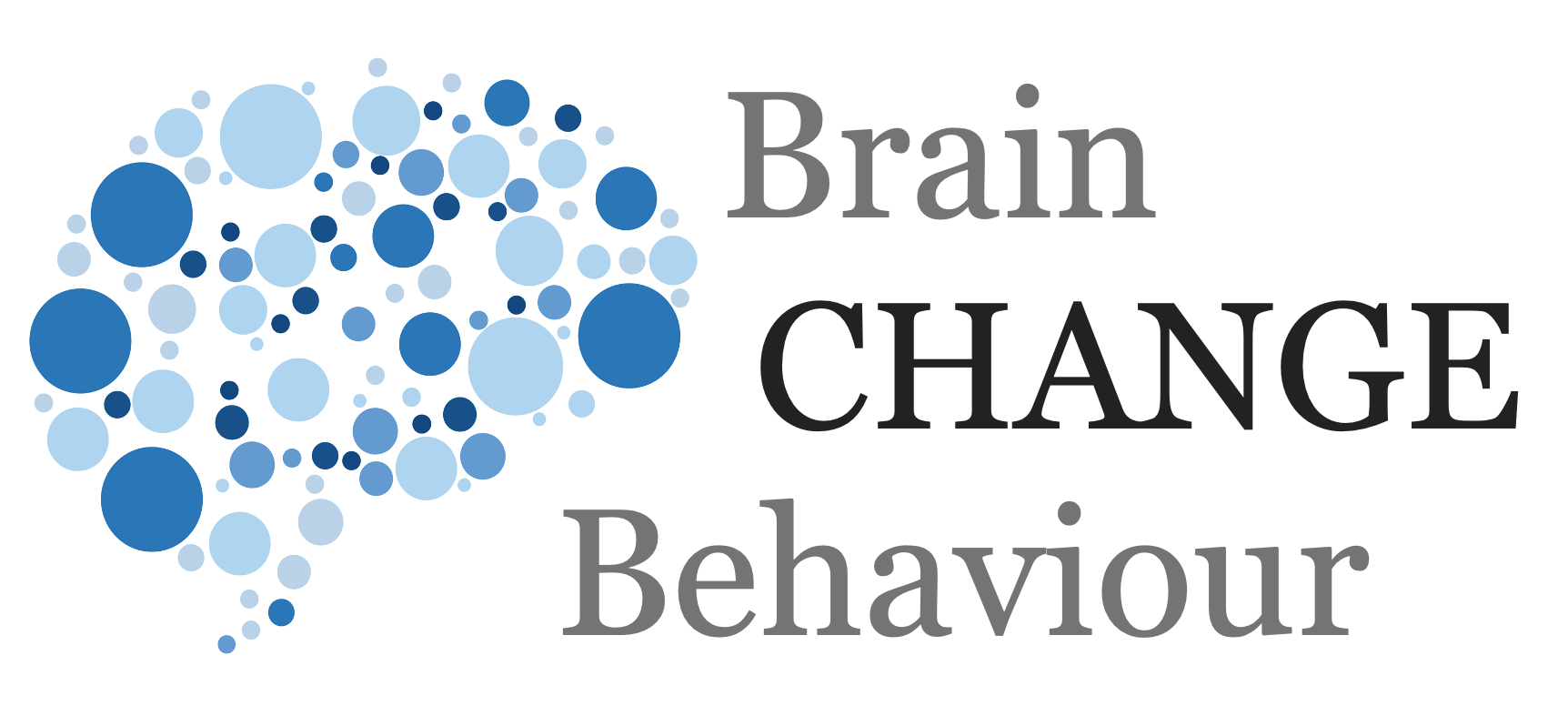
Things in life tend towards certain balances. This is particularly true in large systems and this is why change can happen in small contexts and be very effective or successful but in large systems different rules apply. This is because a large system will balance out.
Uber for example wanted to increase driver pay but the incentives and increased tipping led more drivers signing up to Uber which thereby increased supply and balanced out income. In a small group pay could increase but over the whole driving force natural equilibrium balanced this out. This is also present in political thinking – getting all children to go to college ends up either lowering standards for college or leaving unemployed graduates (or both). This is because the market may not need so many graduates.
This is often a problem of large-scale initiatives particularly government policies. A similar effect is the pareto principle or the 80/20 rule. For example, many organisations notice that 20% of their sales force produce 80% of their sales. So logically the best answer is to fire 80% of the sales staff, lose 20% of sales but keep 80% of revenues. But the Pareto principle states that this is always true – it is a natural distribution that always seems to occur – so you will still end up with an 80 / 20 split with the remaining staff. Firing 80% of the staff will also lose many network effects and have many unintended consequences.
What needs to be considered in large scale change initiatives is if there are equilibrium effects and natural distributions which will impede change.
Simple Takeaways
-
- Consider if there are equilibrium effects
- Consider if there are natural distributions
© leading brains 2022
Reference
More Articles
Deadlines Increase Procrastination
What! I’d get nothing done without deadlines!
Ditto, though I can be very productive, I have a natural tendency to procrastinate. In fact it is one of my natural talents!
To Change, Start Right Away
Sorry, stupid question right off the cuff. Change what?
Well, in this recent study they were looking at changing health behaviours.
Nudges Work In Changing People’s Behaviour
So what do you mean by “nudges”?
Richard Thaler is considered is one of the founding fathers of nudge theory in the behavioural sciences proposing nudges as the best method to modify people’s behaviour. Made popular by his book Nudge in 2008.
Followers Make Group Decisions a Lot Worse, or a Lot Better
First off, why is group decision-making important?
Well, a lot (just about all, if you think about it) of the biggest decisions in society and in business are made by groups: executive committees, governments, even the population in referendums.
The Right Rewards Boost Creativity in Business
So who doesn’t want to have creative ideas in their business.
The problem is getting employees to be creative while doing their day job as well. We also know that just asking or demanding creativity can diminish creativity and innovation!
Changing Your Personality — Even If You Don’t Want To!
Are you telling me that our personality can change even if we have no motivation to do so?
In a nutshell, yes. But it depends on which personality trait!
Exercise is Infectious
This is an older study (2017) I came across and found fascinating. As many of you regular readers will know I have reported many times on the benefits of exercise.
Why our Brains Miss Opportunities for Innovation
When we think of innovation we think of creating something new. A new study shows that, however, we, by default, try to add something whereby subtracting something could make something better.
Brain Region for Changing Behaviour Identified
The saying goes “Insanity is doing the same thing over and over again and expecting different results.” This obviously refers to doing the same thing over and over and continually getting a bad result
From Couch to Ultra Marathon with Mental Imagery
On first glance I thought the above headline was fascinating. I am a sports person, look into the neuroscience of motivation, and have been in the “motivational” space for nigh on two decades.










